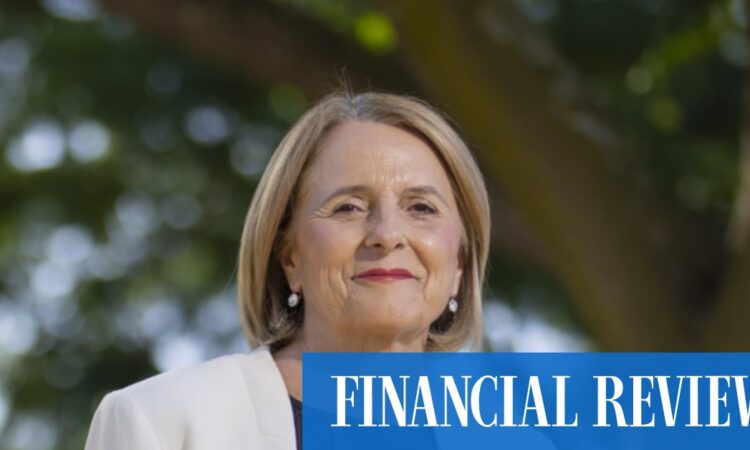
Victorian Treasurer Tim Pallas last year said the COVID-19 debt levy would hit “those most able to pay”, extracting $4.7 billion from property investors over the next four years, along with $3.9 billion from businesses with payrolls above $10 million.
Landowners would pay an average of $1300 in extra land tax, although tax experts said the change equated to a $1675 increase on land worth $1 million. Family homes are exempt. Economic research organisation e61 released a report this year showing Melburnians face the highest stamp duty in Australia.
The tax slug, which hit 380,000 additional landowners, will raise $4.74 billion over the forward estimates by cutting the tax-free threshold for land tax from $300,000 to $50,000, imposing new yearly flat fees and increasing the rate of tax payable on properties over $300,000 by 0.1 percentage point.
One of Ms Littley’s clients, Marcelline Parker, moved to sell her two-bedroom investment unit in Werribee this week after receiving a land tax bill for $975 on her property which had total taxable value of land of $112,000.
“The land tax was the final blow. Just because you have an investment property, it doesn’t mean you’re loaded,” the office administration worker said.
“The state government has us by the you-know-what. It’s not worth it.”
Geoff White, a real estate agent for Barry Plant with a focus on apartments at Melbourne’s Docklands, estimated that half of investors selling out were doing so because of “unsustainable” costs including land taxes and owners’ corporation fees.
“The supply of private rental is dwindling and that’s very concerning. Property investors have had a multitude of expenses thrown at them and the land tax was the icing on the cake,” Mr White said.
CoreLogic research director Tim Lawless said 31.7 per cent of new mortgages written in December in Victoria were for investors, which was below NSW at 40.7 per cent, and the national average of 36.2 per cent.
In addition to higher land taxes in Victoria, other cities such as Perth and Brisbane offered higher yield, better growth and lower buy-in prices for investors than Melbourne, he said.
“There is absolutely a risk of flight from Victoria,” he said.
Property Investments Professionals of Australia director Richard Crabb said the industry body’s annual investor sentiment survey released in September showed Victoria was the least attractive state for investors in the nation.
The survey also found that 25 per cent of respondents sold at least one investment property in Melbourne in the 12 months to August last year — the worst of any capital city — with rising land taxes the top concern.
“Victoria is in the grips of a rental crisis driven by a drastic undersupply of homes and significant demand from tenants, but it is leading the charge with restrictive, unfair and inefficient legislative reforms that adversely impact property investors,” Mr Crabb said.
Global ratings agency S&P last week revealed it projected Victoria’s gross debt to reach $247.2 billion by 2027.
